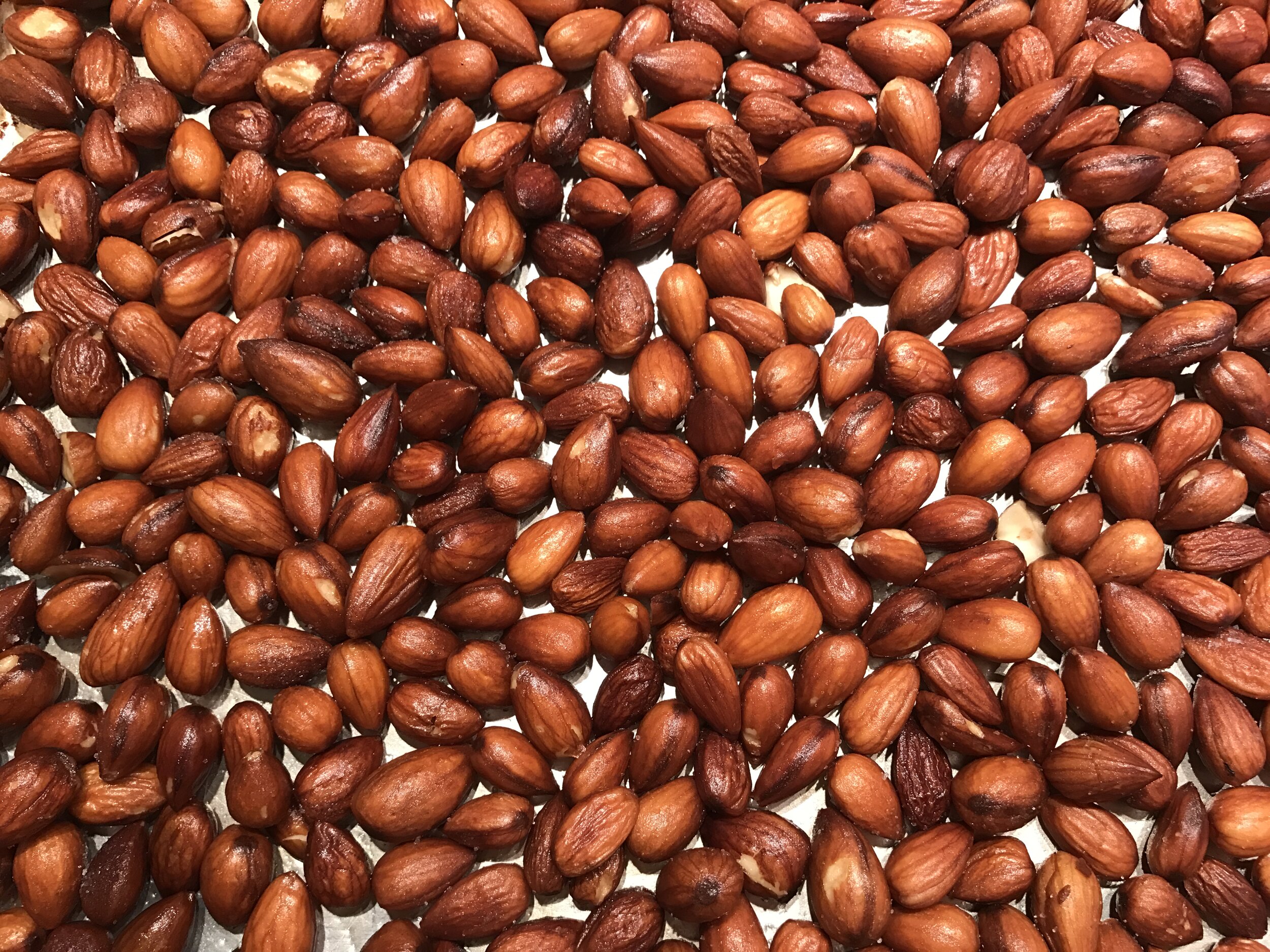Nuts are a great source of protein, fiber, healthy fats, vitamins, and minerals... but are we getting all of their nutritional benefits when we’re eating them?
Nuts Can Be Difficult For Our Bodies To Digest.
Raw nuts can be eaten and digested IF they are chewed really well, consumed in moderation, and received by a healthy digestive tract. However nuts contain properties called enzyme inhibitors and phytic acid that can have a negative impact on our digestion. These two elements act as defensive armor to prevent nuts from germinating prematurely but they interfere with the digestive enzymes secreted by the pancreas that help our bodies break down food. These “anti-nutrients” impair the absorption of certain essential nutrients and molecules that are responsible for digesting proteins, resulting in triggering digestive issues (cramping, lower belly pain, bloating, etc.) in many people. Even if you do not experience negative symptoms after consuming nuts, you still may not be absorbing all of the nutrients that nuts have to offer.
What Is Happening When We Soak Nuts?
Soaking nuts in water sends a signal to the seed that it is time to sprout, beginning their germination process. Soaking breaks down the phytic acid so it can be absorbed properly and causes enzyme inhibitors to neutralize and produce enzymes that are actually beneficial for us to consume. Without the inhibitors, the nutrients in nuts are more easily absorbed by the body.
Benefits Of Soaking Raw Nuts:
Improved absorption of nutrients. Nuts contain protein, antioxidants, phytonutrients, fiber, healthy fats, vitamins, and minerals. These nutrients can lower your risk of cancer, bad cholesterol, improve heart health, and assist in weight loss/maintenance. Soaking activates the sprouting process, making these essential nutrients more readily available for the large intestine to absorb.
Increased digestibility & enzyme activity. Soaking raw nuts in warm, salted water stimulates ideal germination conditions for neutralizing enzyme inhibitors.
Better taste. Many nuts, particularly walnuts or pecans, can have a bitter taste due to tannins. Soaking and rinsing nuts will rinse away the tannins, leaving a delicious, buttery taste, while also decreasing stomach irritation and nausea.
Soaked Raw Nuts Recipe
Prep time: 10 minutes
Ingredients:
4 cups raw nuts
1 tbsp Himalayan sea salt
Warm, filtered/distilled water
Instructions:
Rinse nuts and place them into a large bowl.
Add enough water to the bowl to cover the nuts.
Add 1 tbsp of Himalayan salt and stir.
Soak the nuts in the uncovered bowl for 8-12 hours for almonds, 2-3 hours for cashews, and 6-8 hours for walnuts, hazelnuts, and pecans. Avoid soaking different types of raw together as this minimizes the opportunity for mold to develop and soaking times for various nuts are different.
After the nuts have soaked, remove and discard any that have floated to the top, as this can be a sign of rancidity. Drain and rinse the remaining nuts under water to wash off any film that may have developed.
To dehydrate the nuts, set the oven to 105-150°F. Spread nuts on a cookie sheet. I like to spray them with olive oil and sprinkle with sea salt to make my own roasted nuts but they are delicious plain too. Bake in the oven for 12-24 hours, or until the nuts are dry and crispy, turning occasionally. You want them to be completely dry in order to prevent mold growth. Low-temperature dehydration works to break down irritating compounds while still preserving beneficial nutrients. Store the nuts in an airtight container in the refrigerator or freezer. Feel free to eat the nuts as is, or you can even create your own nut milk! This process makes it easier to blend the nuts since they have softened and you can get a milkier consistency.


